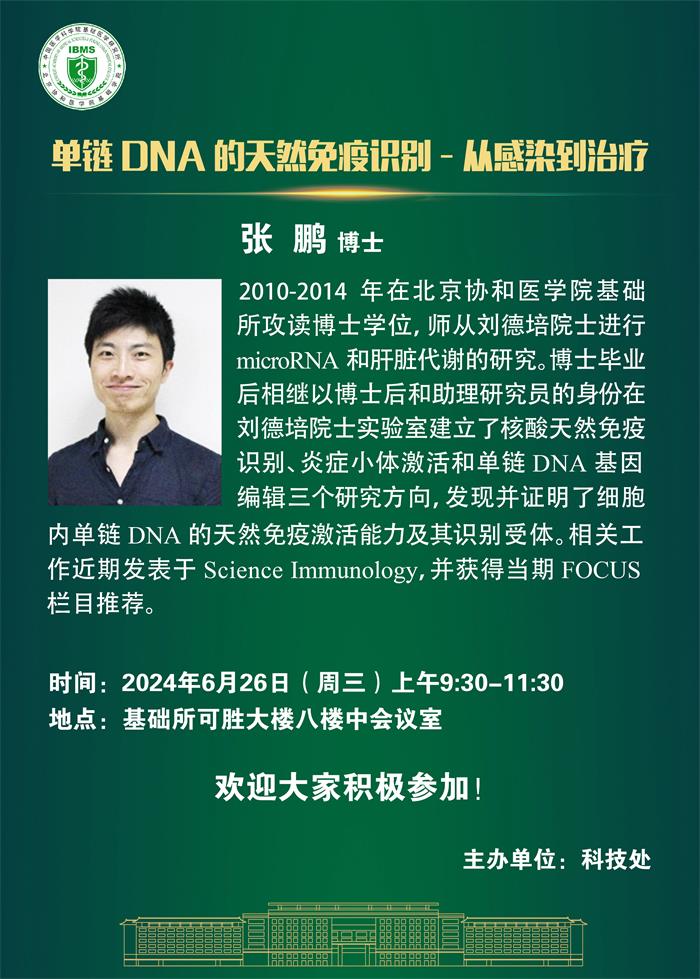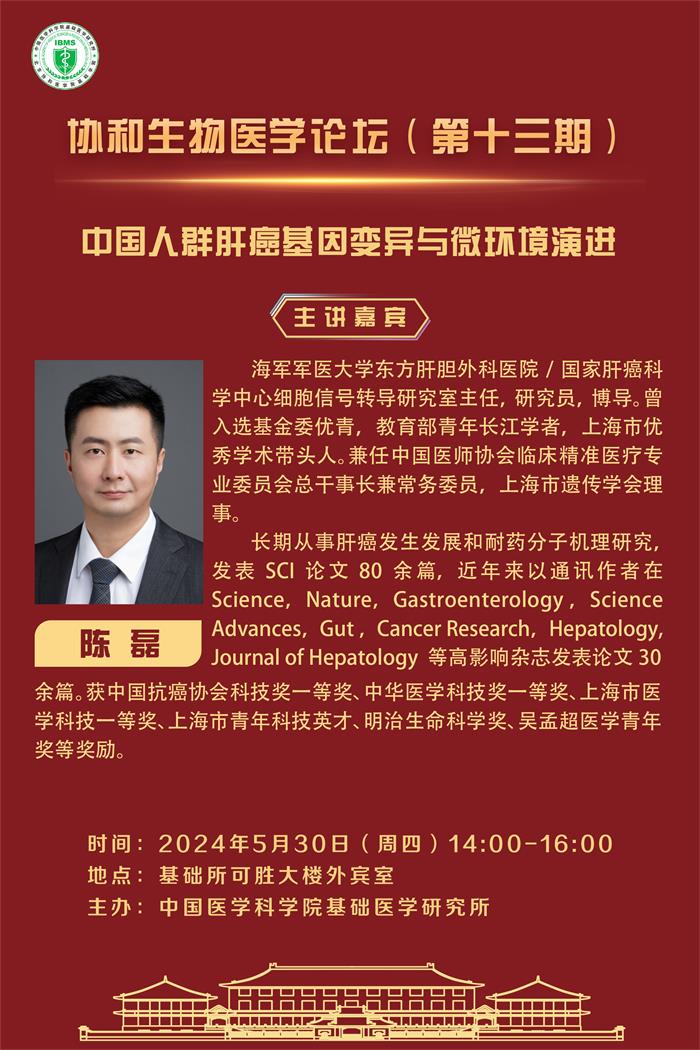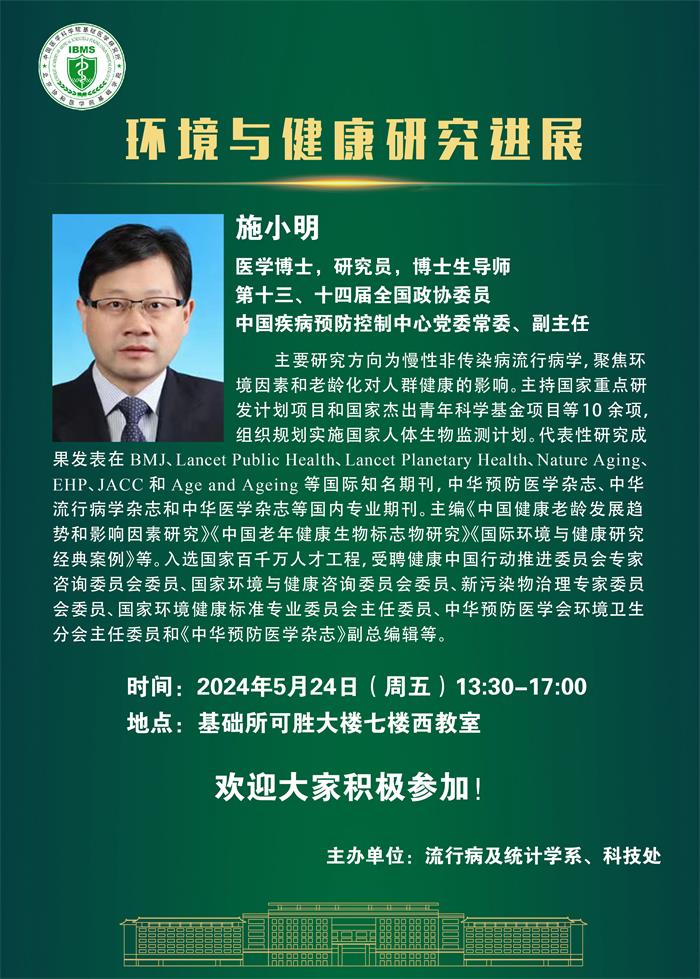Pharmacologic inhibition of Hsp90 to prevent GLT-1 degradation as an effective therapy for epilepsy.
Sha L1, Wang X1, Li J1, Shi X1, Wu L2, Shen Y1, Xu Q3
J Exp Med. 2017 Feb;214(2):547-563.
PMID: 28028152 PMCID: PMC5294855 DOI: 10.1084/jem.20160667
Abstract
The glutamate transporter GLT-1 is critical for the maintenance of low interstitial glutamate concentrations. Loss of GLT-1 is commonly observed in neurological disorders, including temporal lobe epilepsy (TLE). Despite the hypothesis that targeting the mechanisms of GLT-1 deficiency may be a novel strategy for treating drug-resistant epilepsy, the underlying molecular cascade remains largely unknown. Here, we show that Hsp90β is up-regulated in reactive astrocytes of the epileptic hippocampus in patients with TLE and mouse models of epilepsy. Inhibition of Hsp90, but not Hsp70, increased GLT-1 levels. Mechanistically, Hsp90β recruits GLT-1 to the 20S proteasome, thereby promoting GLT-1 degradation. Hsp90 inhibitor prevents GLT-1 degradation by disrupting the association between Hsp90β and GLT-1. Using a model of TLE, we demonstrated that long-term systemic administration of 17AAG dramatically suppressed spontaneous recurrent seizures and ameliorated astrogliosis. Overall, these results suggest that up-regulation of GLT-1 by inhibiting Hsp90β in reactive astrocytes may be a potential therapeutic target for the treatment of epilepsy and excitotoxicity.





